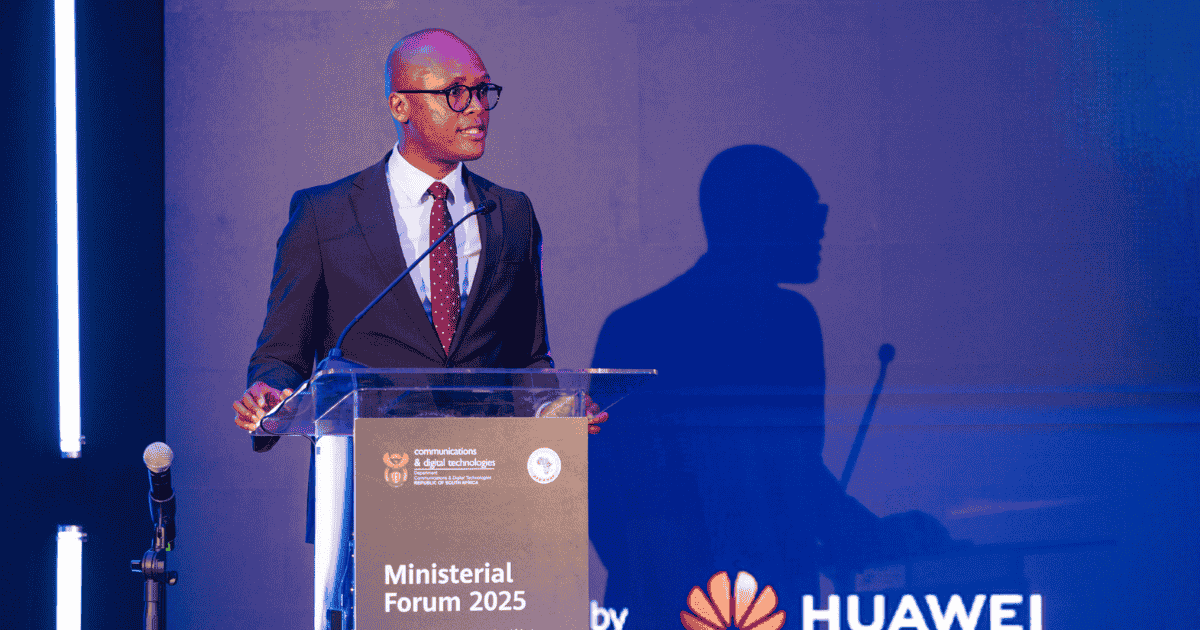Many Deaf South Africans can do the work. The real problem is getting access to the opportunities in the first place. From job ads that aren’t Deaf-friendly to interview processes without interpreters, barriers pile up long before a candidate even walks through the door.
That’s the problem the Deaf Empowerment Firm (DEF) wants to fix.
Deaf empowerment workshop
Their next big step is the second workshop in their democracy series, Breaking Barriers: Advancing Equal Rights and Inclusive Employment for the Deaf Community.
It’s happening on 19 September 2025 in Johannesburg (venue still to be confirmed), right in the middle of Deaf Awareness Month.
Supported by the Konrad Adenauer Stiftung (KAS), the event brings together government, business, labour, and Deaf leaders to co-create real solutions.
Breaking Barriers: Why it matters
Unemployment in South Africa is brutal: about 33.2% officially for 2025 Q2, and when including discouraged job-seekers, it’s nearly 43%.
For the Deaf community, it’s even worse. A 2018 report from the Deaf Federation of South Africa found that around 70% of Deaf people were unemployed.

DEF points out that exclusion often begins long before promotions or dismissals. It shows up in the first steps:
- job ads that aren’t accessible,
- recruitment portals that ignore South African Sign Language (SASL), and
- recruiters without disability training.
DEF’s managing director, Sikelelwa Alex Msitshana, says the goal goes beyond equity targets. The aim is a labour market where Deaf South Africans can participate fully and move up the ladder.
Government departments might have equity targets, but Deaf South Africans still remain locked out because the system itself isn’t designed for them.
What the workshop will do
The day is structured to move beyond talk and into action. The draft programme includes:
- A panel on why Deaf South Africans remain locked out of employment, featuring representatives from the Department of Employment and Labour, CCMA, Legal Aid, and Deaf leaders.
- Scenario-based dialogue, with Deaf leaders sharing lived experiences and stakeholders responding directly.
- A Walk in My Shoes activity, where participants test what it’s like to apply for a job through a Deaf-unfriendly system.
- A co-design Solutions Wall, where inclusive ideas are shared, refined, and turned into commitments.
By the end of the day, stakeholders will be asked to commit to next steps, not just notes and vibes.
Fixing systemic exclusion
This is the second in DEF’s Democracy and the Rights of Persons with Disabilities series. The focus this time is clear: fix systemic exclusion across the employment lifecycle.
That means looking at every step, from job adverts, applications, and recruitment through to onboarding, training, promotions, and even unfair dismissals.

The outcomes will feed into policy reform discussions with the Department of Employment and Labour, the CCMA, and other institutions.
An invite to recruitment platforms
That is why DEF wants corporate HR and recruitment platforms to be at the table, since recruitment platforms are often the very first obstacle.
“The barriers to employment for Deaf people begin at the recruitment stage with inaccessible recruitment formats and platforms that make it impossible for Deaf people to apply from the onset,” Msitshana explains.
“I would love for them (JOBJACK, PNet, CareerJunction, etc.) to be part of this conversation. It would be useful to have them there.”





